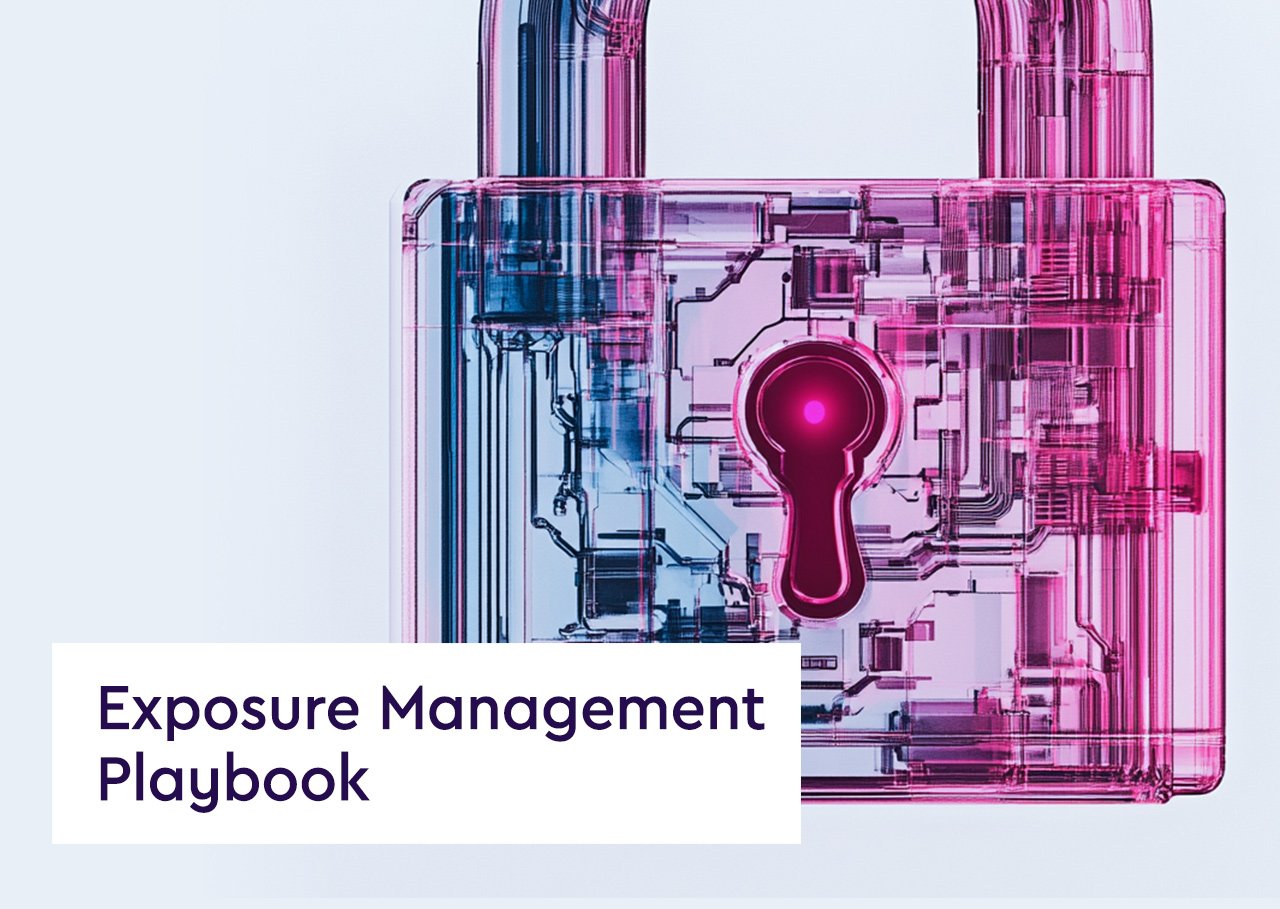Definition: Cyber Hygiene refers to the practices and steps that users of computers and other devices take to maintain system health and improve online security. These practices are akin to personal hygiene but applied to the digital environment. Good cyber hygiene involves a series of proactive measures to protect and secure data and to prevent cyber threats.
Essential Practices in Cyber Hygiene:
- Regular Software Updates: Keeping all software, including operating systems and applications, updated to ensure that security vulnerabilities are patched.
- Strong Password Practices: Using complex, unique passwords for different accounts and changing them regularly. Utilizing password managers is often recommended.
- Regular Backups: Regularly backing up data to protect against data loss from cyber attacks, such as ransomware or hardware failure.
- Anti-virus and Anti-malware Software: Installing and regularly updating anti-virus and anti-malware software to detect and prevent malicious software attacks.
- Secure Network Connections: Using secure, encrypted network connections, such as VPNs, especially when accessing the internet over public Wi-Fi networks.
- Phishing Awareness: Being vigilant against phishing attempts and not clicking on suspicious links or downloading attachments from unknown sources.
- Limiting User Access and Privileges: Implementing the principle of least privilege where users are given only the access necessary to perform their job.
- Benefits of Good Cyber Hygiene:
- Reduced Risk of Cyber Attacks: By regularly updating and maintaining security measures, the risk of successful cyber attacks is significantly lowered.
- Protection of Sensitive Information: Ensures that sensitive personal and business information is protected against unauthorized access and breaches.
- Improved System Performance: Regular maintenance and updates can also improve the overall performance and longevity of devices.
Challenges:
- Consistency and Discipline: Maintaining consistent cyber hygiene practices requires discipline and regular attention.
- Keeping Informed of Best Practices: Cyber threats are continually evolving, which necessitates staying informed about the latest security best practices and threats.
- Balancing Convenience and Security: Often, stringent security measures can be seen as an inconvenience, and finding the right balance is crucial.
Cyber Hygiene is a critical aspect of personal and organizational security in the digital age. It involves a set of practices that, when consistently applied, significantly reduce the risk of cyber threats and protect sensitive information. Good cyber hygiene is not a one-time effort but a continuous practice that evolves as new threats and technologies emerge.




